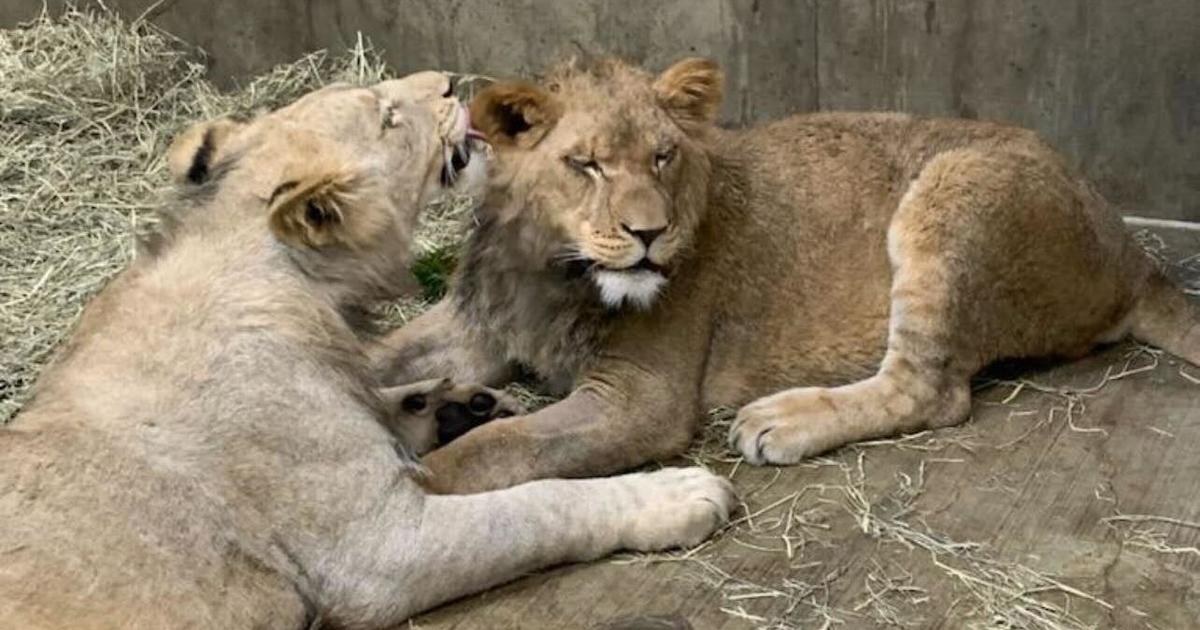The Video Game Industry: Good For The Economy, Bad For Women?
A new study by the Entertainment Software Association (ESA) reports that Illinois' computer and video game industry brought in more than $158 million to the state economy in 2012.
At first glance the numbers look impressive. But scandals such as the recent GamerGate -- during which false accusations about indie game developer Zoe Quinn led to personal harassment and death threats against her and those who offered public support -- indicate the industry continues to flail in one critical area: women.
Months after the attacks on Quinn, GamerGate continues. In October, GamerGate came to national attention when gaming critic Anita Sarkeesian canceled an appearance at Utah State University after someone sent an anonymous letter to university staff promising "the deadliest school shooting in American history" if Sarkeesian's appearance took place. GamerGate, which has no leaders and is largely anonymous, often claims that they do not condone these extreme threats. The fact remains, anyone willing to stick up for women in gaming runs the risk of receiving the same harassment Quinn and Sarkeesian have received, often from individuals using the GamerGate hashtag.
Will a culture largely shaped by young, white men adapt, or will women remain largely excluded from the computer and gaming industry's success?
Between 2009 and 2012, the video game industry increased in size by more than 9% — four times the growth rate of the U.S. economy.
"I think the next few years for gaming are going to be amazing," said Dave Lang, CEO of Chicago-based Iron Galaxy Studios. As proof, Lang cited, "more opportunities for people to release more games on more platforms than ever before."
Judging by the rise in employment in the video game industry, Lang might be right. Direct employment rose from 31,598 in 2009 to 42,527 in 2011. But how many of those 42,527 individuals are women? According to a survey by the International Game Developers Association, only 22% of the workers in the industry identify as female.
Compare that to the ESA's estimate that 48% of gamers are women, and you see a huge disparity between those making games and those playing them. The lack of female representation permeates the games themselves, particularly mainstream games, which feature a disproportionally large amount of main characters who are white, rugged males and often relegate women to supporting or submissive roles.
Brianna Wu, founder of indie game developer Giant Spacekat in Boston (Massachusetts' video game industry is similar in size to Illinois'), has seen a lot of big developers close in recent years. Despite this, she said the rise of employees nationally "makes a lot of sense."
"It follows a trend I've seen over and over again in the industry where the [biggest developers] -- where all the jobs were -- are closing down," Wu stated. "But people are going to these smaller game dev teams of 10 or 20 people that concentrate on titles for mobile, or PC, or other spaces. And the jobs there are good."
When asked if she saw an increase of women in the industry, Wu replied, "To be honest, no, not really. I wish I did."
The Boston Globe, commenting on the increase of women in the video game industry, pointed out that "nearly all that growth has come in nontechnical fields such as public relations."
"What I do see, is most of the women that I know who work in this industry are in marketing," Wu says, echoing the Boston Globe's sentiment. "And that makes a lot of sense ... If you're moving to smaller shops, then each of those companies will have a marketing person."
Instead of seeing women obtaining jobs in the more technical positions of the industry, Wu said she's "seeing a lot of women leaving the industry in jobs like programming or animation."
The video game industry's male-dominated mindset transcends the virtual game world and bleeds into debates about gender diversity on social media platforms. Online, individuals claiming to represent "ethics in video game journalism," harass female gamers as well as critics, designers and journalists who challenge women's secondary status in the industry.
For women, the choice to speak up about inequality must be weighed against the fear of one's life and personal safety. In cases like GamerGate, harassment doesn't stop at overwhelming criticism on Twitter. It often corresponds with hackers disclosing personal addresses and phone numbers, along with rape and death threats. The threat of violence even forces some women into silence.
For Brianna Wu, that possibility became reality. Wu and her husband had to contact police after harassers published her address online, accompanied by death threats (WARNING: Disturbingly violent language is contained in the previous link). Hackers even tried to break into Giant Spacekat's financial accounts.
While some women have been driven offline and have even left the gaming industry due to harassment, Wu made the decision to stay. Even a female contributor for this story chose to remain anonymous, due solely to safety concerns.
One thing is for certain, the gaming industry has a long way to go before women feel safe and welcome, both in the organizations that create the games and in the games themselves. For the gaming industry to truly succeed, it must transform the culture from the inside and make painful decisions about its future. An industry can only truly claim success when it reflects the society in which it resides.
Mason Johnson is a Web Content Producer for CBS Chicago. You can find him on Twitter.



